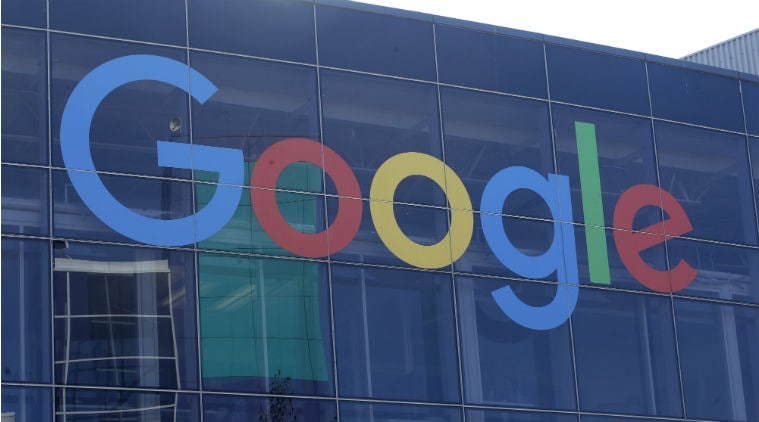French competition watchdog tells Google to pay news cos for sharing their content
Noting that Google holds a dominant position, the regulator stated that “Google may have abused its dominant position in the market for general search services by imposing unfair trading conditions on publishers and news agencies”.
 The order noted that Google’s behaviour deprives publishers and news agencies of vital resources. (Representational Image)
The order noted that Google’s behaviour deprives publishers and news agencies of vital resources. (Representational Image)
In a major fillip to the press and news wire agencies, the French competition regulator announced on Thursday that Google must start paying media for sharing their content, as its practices had caused serious harm to the press sector. The French regulator, in a statement, said it has asked the internet giant to “negotiate with publishers and news agencies the remuneration due to them under the law relating to neighbouring rights for the re-use of their protected contents”.
The order is an interim decision, and the regulator is yet to decide if Google has actually breached competition rules of France. Though the order is only for the French press, it has global ramifications for Google and the press, as it can set a legal precedent and shape the discourse around the economics of news on the net.
Autorité de la concurrence, the French competition regulator, ordered “interim measures” and found that “Google’s practices on the occasion of the entry into force of the neighbouring rights law were likely to constitute an abuse of a dominant position, and caused serious and immediate harm to the press sector”.
“It, thus, requires Google, within three months, to conduct negotiations in good faith with publishers and news agencies on the remuneration for the re-use of their protected contents. This negotiation must retroactively cover the fees due as of the entry into force of the law on 24 October 2019,” the regulator ordered.
Google stated it will comply with the order. “Since the European Copyright law came into force in France last year, we have been engaging with publishers to increase our support and investment in news. We will comply with the (French Competition Authority’s) order while we review it and continue those negotiations,” Richard Gingras, vice president of News, Google, said.
The internet behemoth has also been asked by the regulator to file “monthly reports on how it is complying with the decision”. Noting that Google holds a dominant position, the regulator stated that “Google may have abused its dominant position in the market for general search services by imposing unfair trading conditions on publishers and news agencies”.
It further said: “Google’s practices caused a serious and immediate harm to the press sector, while the economic situation of publishers and news agencies is otherwise fragile, and while the law aimed on the contrary at improving the conditions of remuneration they derive from content produced by journalists.”
Google’s dominant position leads it to bring significant traffic to the websites, which is “very important and crucial for publishers and news agencies who cannot afford to lose any share of their digital readership due to their economic difficulties”. It also noted that Google’s behaviour deprives publishers and news agencies of vital resources.
The neighbouring rights law that came into force July 24, 2019 “aims to set the conditions for a balanced negotiation between publishers, news agencies and digital platforms, in order to redefine, in favour of press publishers and news agencies, the sharing of the value between these actors”. A complaint had been filed last November by several press publisher unions in France and news agency Agence France-Presse against Google.
Final decision yet to be taken
– Though only for the French press, the order could have global ramifications
– The regulator is yet to take a final decision if Google has actually breached France’s competition rules



- 01
- 02
- 03
- 04
- 05




























